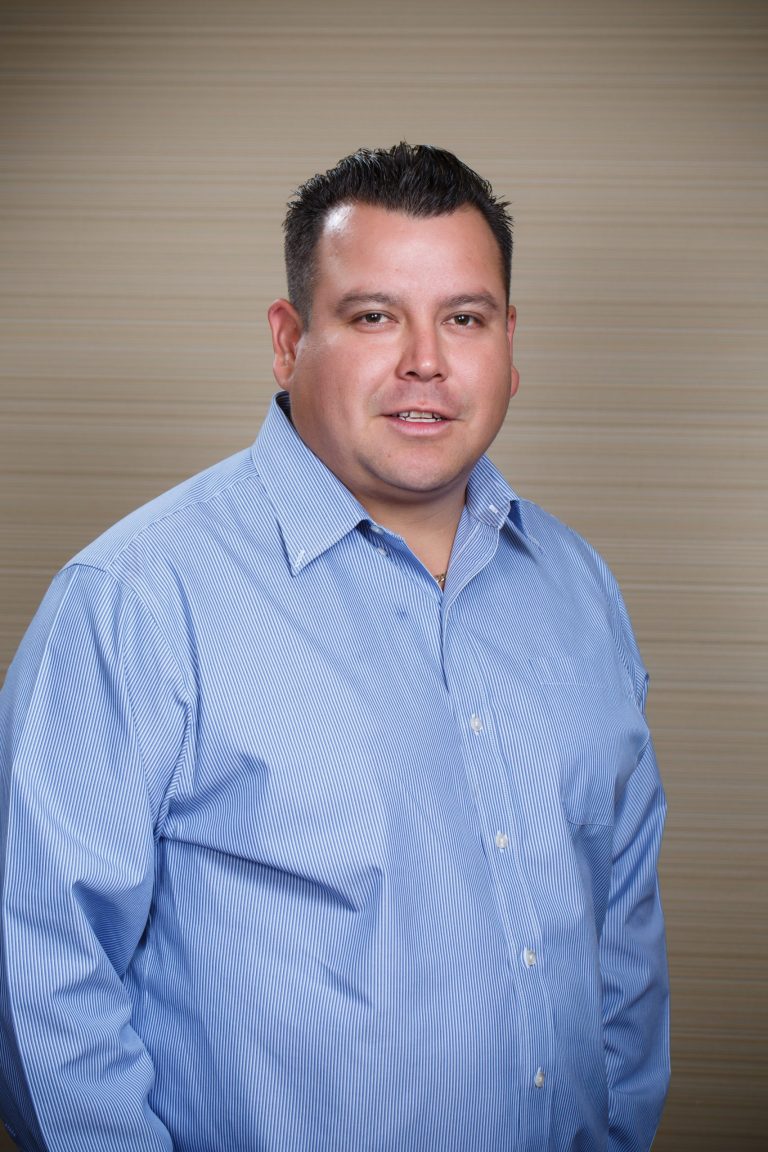Day in the Life: James – President, Primco Dene Group of Companies
- 4 min read

Leadership is in James’s DNA.
Growing up, he excelled at team sports and inspired others to do the same. At 22 years old, he became the youngest-ever elected council member of the Cold Lake First Nation, located in the heart of Canada’s oil sands in Northeast Alberta. Three years later, in 1999, he co-founded the Primco Dene Group of Companies.
Today, James is Primco’s president. Working with people throughout the Cold Lake First Nation and businesses in the surrounding communities, he’s built the company to include 16 separate entities and operations. They include staffing, management, camp, leasing and emergency/first responder services, retail and franchise businesses and a golf course. Primco operates in Alberta, Saskatchewan and Manitoba.
Opportunity and Sustainability
Midway through his 40s, James’s has broad experience in the world of business. He’s worked in Indigenous, industry and community relations, business development and workforce supply and logistics. James also worked with landmen to develop a well program on the Cold Lake First Nation.
All this has helped him and Primco offer energy companies tangible opportunities and fiscal win/win sustainability over the past 21 years. Among them were a reliable, well-trained workforce and ongoing products and services used by oil and gas businesses and workers.
“In the past, there were barriers to working with oil and gas companies,” James says. James established a vision and purpose for his nation that demonstrates Primco’s staff can meet the needs and goals of businesses. “We have challenged the barriers and helped companies succeed. And they have liked how we performed. It’s been a good fit and helped them meet their obligations for truth and reconciliation. They also want to see solid infrastructure, real jobs and real training and we’ve been able to do that.”
In the beginning, it was a bold vision. In the late 90s, unemployment in the Cold Lake First Nation was close to 70%. Those employed could seldom advance their skills or find long-term prospects.
“Most people were too scared to do anything to change out of fear of failure,” James says. He was not one of them. James and a handful of other visionary council members proposed plans to make the nation a hub for the region’s economic development.
To say it involved diplomacy is an understatement. The plans required a delicate balancing act between what James calls the four pillars of success: industry, council leadership, nation members and Primco’s management.
“We had to have results in employment for the community and we had to deliver market value for industry. Otherwise, we were we not going to succeed,” he says.
Some of our services are the biggest in the region. The players have changed over the years and different managers and leaders come into the community, in upstream and downstream operations. We’ve adapted and changed with them, using our skills to balance the important relationship between our four pillars for success.
James, Accredited certificate in Indigenous Community-Industry Relations from the University of Alberta
Community Success
James and other Primco leaders also knew they could not meet their goals with Indigenous workers alone.
“We had to bring in workers from the outside and they had to understand our values and what they were buying into,” James says. He adds there were times of reluctance and setbacks — from all sides.
“Everyone thought they couldn’t work together, but they could,” James says. And as they discovered that, they wanted to become part of Primco’s — and the community’s — success. “The people we’ve had working with us has been hugely rewarding.”
At its peak, around 2014, Primco had 800 employees. Dedicated to creating jobs for nation members, the company always employs at least 30% Indigenous workers. Through training, mentoring and experience, many have gained advanced skills in areas such as technical trades, management, accounting and retail operations. Their skills have helped Primco grow.

“Some of our services are the biggest in the region,” James says. “The players have changed over the years and different managers and leaders come into the community, in upstream and downstream operations. We’ve adapted and changed with them, using our skills to balance the important relationship between our four pillars for success.”
In the spring of 2020, even following a collapse in energy prices and the global COVID-19 pandemic, Primco still employed about 400 people.
For all the jobs and many different operations Primco has created, James is proudest of the relationships he’s made.
“I’ve been able to work with multiple chiefs and council members of the Cold Lake First Nation and that’s proven to me we are a success story,” he says. He’s equally proud of the ties he’s made with energy companies.
“I don’t call oil and gas companies clients — we’re partners.”
Like every strong leader, a desire to achieve more is bred into James’ bones.
“Going forward, the biggest thing for our nation is attaining a level of certainty. We want to get big enough to weather the storms,” he says. “We want to be business leaders and show people that our business diversity is successful. We’re not limited to a traditional Indigenous base.”
Company
Primco Dene Group of Companies
Location
Cold Lake, Alberta
Salary
$73,000 to $138,000
Education
Accredited certificate in Indigenous Community-Industry Relations from the University of Alberta
Salary, education and advancement may vary from company to company.
